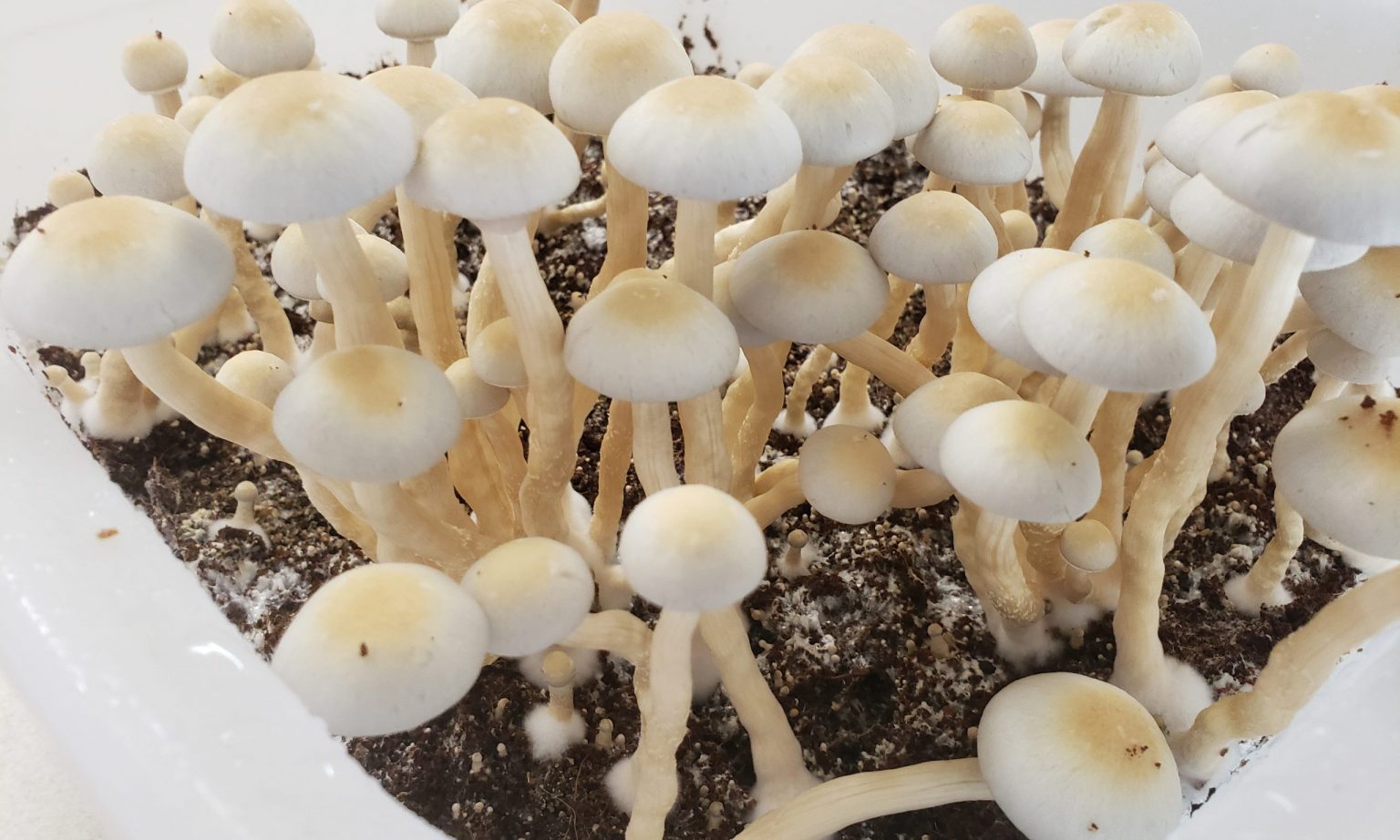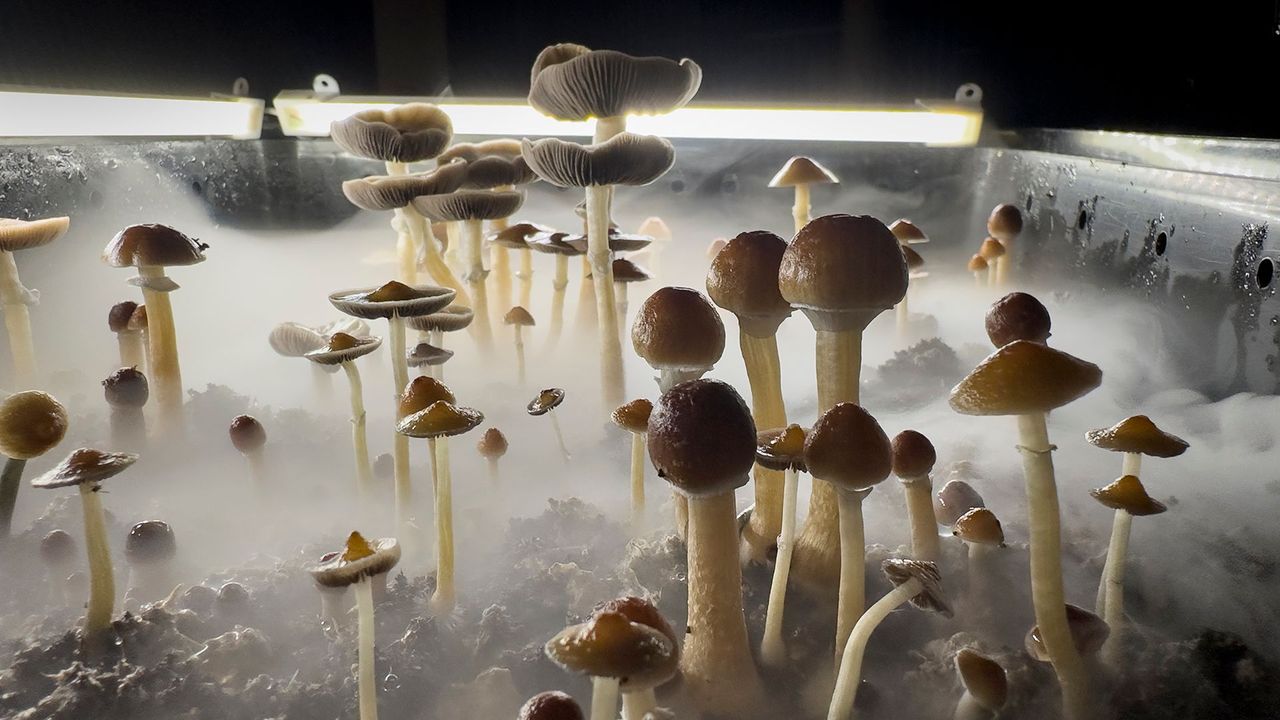Psychedelic-assisted therapy is on the cusp of becoming a mainstream treatment, as the U.S. Food and Drug Administration (FDA) considers the approval of psilocybin, the active component of “magic mushrooms,” for depression. A groundbreaking peer-reviewed study, set for publication on September 24, 2024, aims to estimate how many patients might benefit from this novel therapy.
Conducted by researchers from Emory University, the University of Wisconsin-Madison, and UC Berkeley, the study evaluates the potential demand for psilocybin-assisted therapy in the United States.
The study combines national survey data on depression prevalence with eligibility criteria from recent clinical trials to assess the potential patient base for psilocybin therapy.

The findings suggest that between 56% and 62% of patients currently undergoing treatment for depression—translating to approximately 5.1 to 5.6 million people—could qualify for this therapy if it is approved. This indicates a significant potential market for psilocybin therapy, emphasizing the need for careful planning for its widespread adoption.
Researchers estimated that of the nearly 15 million American adults with depression, about 9 million receive treatment annually. By applying various eligibility criteria from recent trials, they calculated potential eligibility ranging from 24% (using strict trial criteria) to 62% (using broader, real-world criteria).
The higher estimates include patients with substance use disorders, a group that may benefit from psilocybin despite previous concerns about its suitability for them.
The study also points out several challenges that could affect the implementation of psilocybin therapy. Issues such as insurance coverage, the availability of trained therapists, and regional variations in access could limit the therapy’s uptake.
Additionally, if psilocybin therapy is approved for conditions beyond depression, demand may rise unpredictably, further complicating its distribution.
The research underscores the importance of understanding the broader implications of psilocybin therapy. The effectiveness of this treatment will depend on regulatory decisions, policy development, and healthcare system readiness.
The study aims to foster discussions and preparations to ensure that if psilocybin therapy is approved, it can be delivered in an effective and equitable manner. As interest in psychedelic treatments grows, this research offers valuable insights into both the potential benefits and challenges of psilocybin-assisted therapy.
